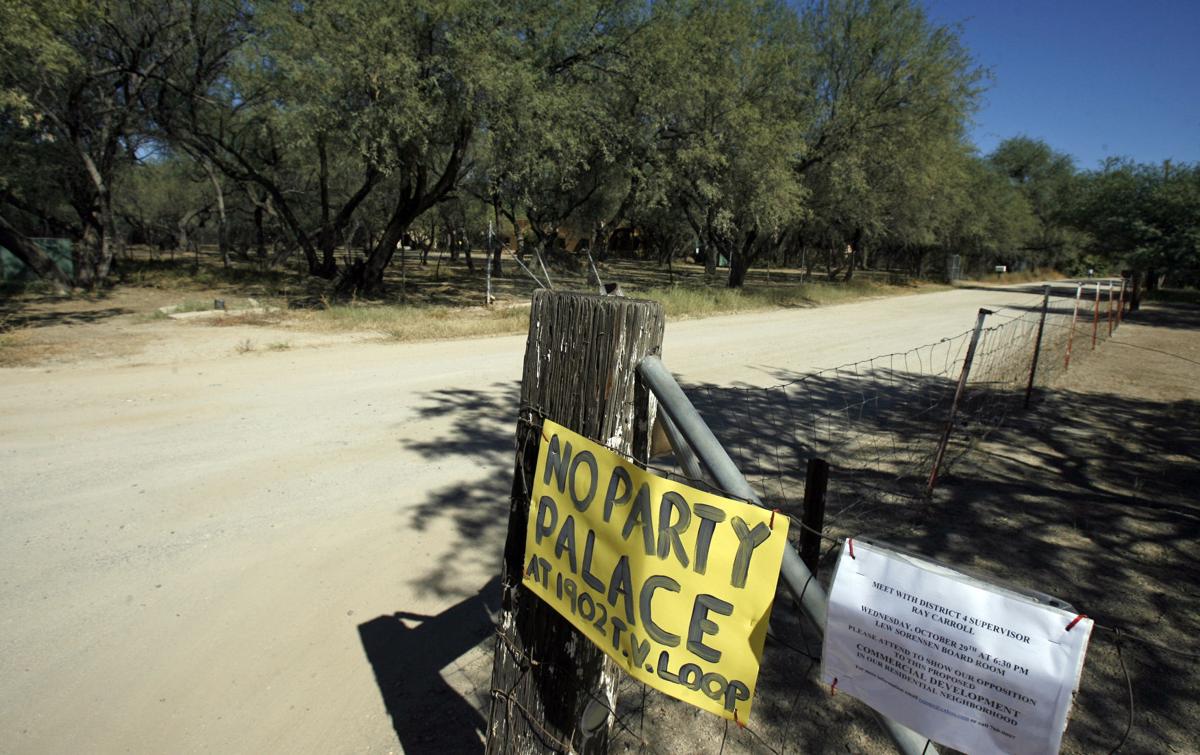PHOENIX — Saying their rights were not violated, a federal court has rebuffed the bid of a Pima County couple who wants to build a chapel on the edge of ÃÛèÖÖ±²¥.
In a brief ruling, the 9th U.S. Circuit Court of Appeals rejected the contention by John and Debi Fazio that county zoning officials had run afoul of federal laws that protect individuals and institutions from government regulations that interfere with their ability to practice their religion.
In their unsigned opinion, the three judges acknowledged the county had barred them from setting up shop where they want. But the judges said the owners had options, ranging from modifying their plans to simply moving elsewhere.
Attorney Robert Kerry said that ignores the fact the couple already had bought the land.
"They're ducking the issue,'' he said of the ruling. "There's not much I can do about that.''
People are also reading…
Kerry said his clients are deciding whether to appeal.
The legal battle involves the refusal of county zoning officials to provide the necessary permits for Mesquite Grove Chapel, as the couple calls its business, to build a church in the Tanque Verde Valley. The land was zoned to allow for churches.
But a county inspector determined that what the couple wanted to do does not qualify as a church but instead was more of an "event venue,'' governed by separate requirements.
In the new ruling, the appellate judges first rejected arguments by the county that the building inspector is like a judge and therefore entitled to absolute immunity.
"Proceedings before the inspector are not adversarial and they lack procedural protections,'' the judges wrote. They also said there was "insufficient information'' to conclude that the inspector is sufficiently independent.
But even with that, the judges found no reason to conclude the inspector had violated the federal Religious Land Use and Institutionalized Persons Act. It prohibits government from imposing any land use rule "that imposes a substantial burden on the religious exercise of a person, including a religious assembly or institution.''
Here, the judges said, there was no "substantial burden'' on the couple or its business.
"The primary burdens presented here — relocating or submitting a modified application — were not substantial,'' they wrote, noting that Mesquite "presented no evidence that other sites are unsuitable.'' And they concluded there also was no evidence the building inspector had acted in bad faith.
Kerry disagreed.
"Making somebody move seems like an unreasonable burden to me,'' he said.
"You have a piece of land, you have the zoning for it, you want to use it for the zoning that it's zoned for,'' Kerry continued. "But they say you can't because you're not a church.''
That question of what is a church apparently played a key role in the inspector's decision.
An attorney for the county cited how Mesquite planned to operate.
For example, anyone who wanted to conduct a wedding would have to pay a separate rental fee for the use of the property and a separate donation to the church. There also were requirements for outside bartending and security.
And Mesquite planned to have an average of 70 weddings a year, a figure the inspector concluded was far higher than a typical church.
Kerry said the couple ended up losing the property in foreclosure after they were unable to set up the chapel to bring in revenues.










